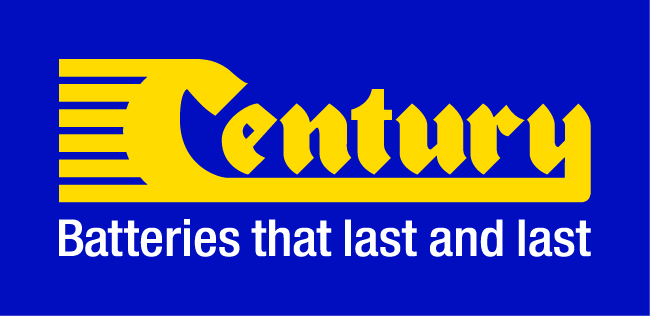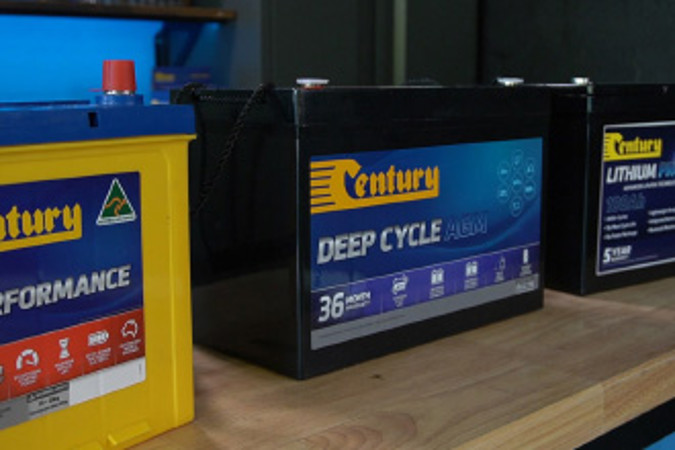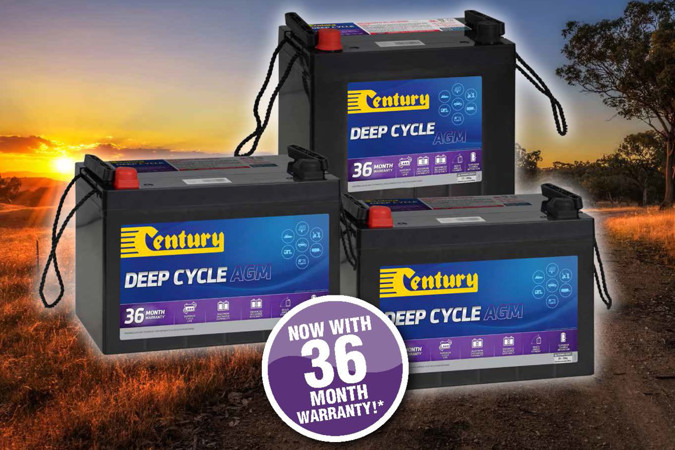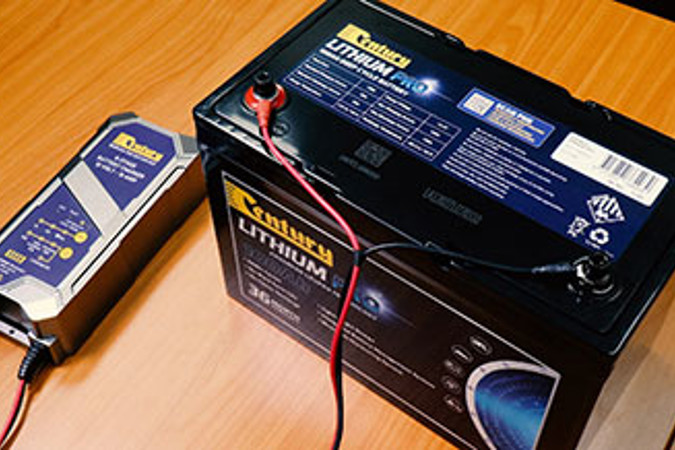If you’re in the market for a 100Ah Lithium Deep Cycle battery, there are currently products on the market ranging from $500 to well over $1000 – but in most cases you are not always comparing like for like. The devil really is in the details. There are differences between these products, and you’ll most likely find some of them after carefully perusing the spec sheets or technical documents.
To start with, Lithium batteries carry ratings for how many times they can be cycled. Century Lithium Pro is rated at 3000+ cycles at 80% DOD. This means you can use 80% of the battery’s power, recharge it, and then do that again a minimum of 3000 times. Cheaper products may carry lower cycle ratings or even overstate the number of cycles and it is important t ask if they can be substantiated or confirmed over the life of the battery, and will their parent companies still be around in the future to help, when you don’t hit those figures?
Other specifications to check would be the batteries’ maximum recharge current. Lithium Pro can handle being charged at up to 100A, and again some cheaper Lithium batteries could be half that. Compare the maximum discharge current, operating temperatures and IP rating while you’re there.
But perhaps most importantly, Lithium batteries like these are typically being used in recreational applications – which is why they need to be robust. This is where testing & certification comes in.
Now it is common for the individual Lithium cells within the battery to carry a certification – which in this case is IEC62619. This certification is from the cell manufacturer – but that’s just one aspect of the Lithium battery puzzle. The manufacturer of the Lithium Battery purchases these cells, installs them into their battery case, connects the cells together, adds a battery management system and then sells the finished product to you. As a result, many Lithium batteries on the market will carry certification on the cells only, but not the connecting hardware or anything else that is happening inside the battery.
With Lithium Pro, Century has subjected the batteries to rigorous testing which goes way beyond what most other manufacturers are doing. So not only are the battery cells certified, but we have certification on the BMS unit, the battery assembly as a whole, AND we’ve performed additional vibration testing to top it off. IF the battery is being is sold for use in boats, 4x4’s camper trailers etc that are subject to high impact and high vibration environments why wouldn’t a battery be tested against this?
So if you’re comparing Lithium Pro to other batteries – what tests have they been subjected to, and what certifications do they carry? If they haven’t achieved any of these [gesturing to the list of tests shown on screen] I’d argue that it’s actually you – the consumer – who’s the one doing the testing. After all the time and money you’ve spent setting up your 4x4, Boat, Caravan or camper trailer, do you really want to roll the dice on products with a low cost outlay but ay cost you more in the long run when issues arise and need to be fixed, in many cases miles away from where you bought it.. by skimping on the batteries?
We’ve all seen the horror stories from when Lithium goes wrong, so this is why we’ve placed so much importance on developing, testing, and certifying Lithium Pro before it hit the market.
 Homepage
Homepage
 Homepage
Homepage


